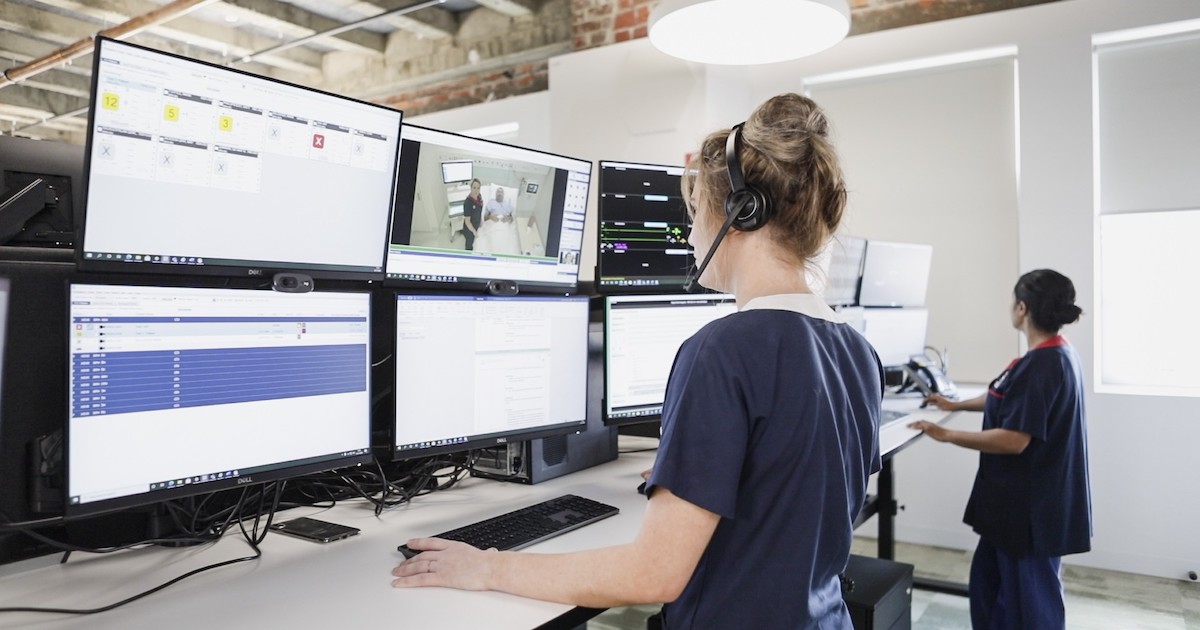The University of Wollongong and India’s Andhra Pradesh Medtech Zone, the country’s first integrated medical devices manufacturing zone, are partnering to develop 3D bioprinting techniques.
A series of joint training initiatives established under the memorandum of understanding signed earlier this week will primarily focus on 3D biofabrication, including a project to develop a scan and printing package to produce 3D printed ears.
The university’s Translational Research Initiative for Cellular Engineering and Printing, which houses printer manufacturing, biomaterials, and bioinks, will provide input into both research and training initiatives.
The research initiatives will be coupled with programs to support deployment of the technology in India and Australia, and the MOU also provide avenues for additional collaboration in research, teaching and manufacturing between the university and AMTZ.
“As a research-intensive university with internationally renowned expertise in this field, UOW is very proud to be part of this exciting new precinct that will put India on the global map of high end medical equipment production and make health care products more affordable and accessible in India but across the world,” said University of Wollongong vice-chancellor Professor Paul Wellings in a statement.
The announcement is the latest in a series of partnerships between Australian universities and the government aimed at improving the country’s healthcare technology capabilities.
Last month the University of New South Wales Sydney partnered with India-based medical research institute The George Institute for Global Health on a programme called Health10x to accelerate and scale up startups focused on healthcare.
The partnership follows an agreement announced in April between China and Australia aimed at boosting innovation and science links, with a focus on developing medical technology and sensing devices.
Among the five new Joint Research Centres receiving a grant of more than $900,000 each is Flinders University and Nankai University, which will use the money to develop accessible medical sensing devices to enable early detection of emerging health concerns and empower healthy choices.
The University of Technology Sydney and Changchun Institute of Applied Chemistry plan to develop a low-cost, portable point-of-care testing device to help identify markers of genetic disorders, infections and cancers.
The Australian and Chinese governments are also partnering to fund a Joint Research Centre tasked with developing a next-gen point-of-care testing device to help identify markers of genetic disorders, infections and cancers.
Meanwhile, the University of Sydney and China’s Fudan University announced in May that they are partnering on a research initiative to explore the uses of artificial intelligence to improve brain and mind health.
The research partnership, officially titled the Brain and Intelligence Science Alliance, will combine study of computational neuroscience with the ethics of AI use.

